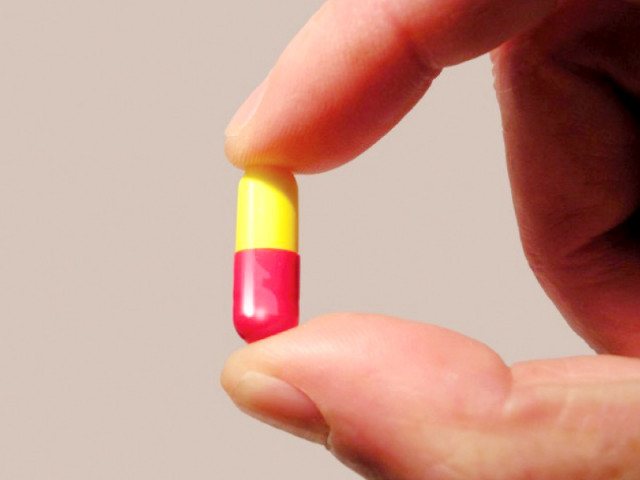Committee formed to address shortage of life-saving medicines
DRAP panel to liaise with pharmaceutical manufacturers, importers

In an effort to combat the shortage of life-saving medicines across the country, the Drug Regulatory Authority of Pakistan (DRAP) has established a committee to address the matter.
Headed by Additional Director, Dr Syed Zia, the committee will propose strategies to alleviate the scarcity of life-saving medicines and will also be responsible for liaising with pharmaceutical manufacturers and importers.
To ensure comprehensive action, the committee will have the power to obtain information from any division of DRAP.
Deputy directors Muhammad Ayub and Noor-ul-Ain, along with Assistant Director Muhammad Asad, have been appointed as committee members.
The decision to form this committee comes amidst a crisis of more than 100 medicines being in short supply across the country. Alarming reports indicate that vital medicines are disappearing from the market in Karachi, which many doctors and stakeholders attribute to the negligence of DRAP.
A recent survey revealed that insulin, essential for diabetes patients, has vanished from the market in Karachi. Additionally, medicines for blood pressure control and other life-saving drugs are being sold at exorbitant prices in the black market.
Over the past six months, medicine prices have skyrocketed, experiencing a staggering increase of 50-70%.
People believe that DRAP is not taking the issue seriously, which poses a significant threat to public health. The hoarding of medicines for rare conditions has also emerged as a grave concern.
Doctors underline that in certain illnesses, tranquillisers are necessary for patients, but the high prices of these medicines are leading to severe complications among the affected individuals.
Drug manufacturers argue that the escalating value of the dollar in the market is the primary reason behind the exorbitant prices. They explain that since the country heavily relies on imports to manufacture medicines, the increased value of the dollar has rendered raw materials imported from abroad excessively expensive.
The ramifications of this situation extend beyond the shortage of medicines. It has been uncovered that government hospitals in Sindh are gradually reducing their facilities, such as X-ray, CT scan, MRI, and laboratory services. Consequently, the biggest burden falls on poor patients.
The district government hospitals in Karachi, equipped with 14 major facilities, have limited their services only to outpatient departments (OPD). These hospitals previously treated a wide range of complex diseases.



















COMMENTS
Comments are moderated and generally will be posted if they are on-topic and not abusive.
For more information, please see our Comments FAQ